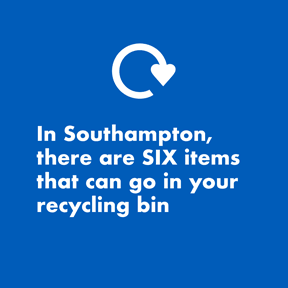Weaning and healthy eating
Are you ready to start weaning your baby or thinking about what’s to come? It's a big step for both you and your child! The wealth of information available can make it difficult to know the right way to proceed. This page offers an overview for weaning your baby and making sure they stay healthy.
Eating
When you start, how much your baby eats is not as important as getting them used to the idea of eating. They'll still be getting most of their energy and nutrients from breast milk or first infant formula. Giving your baby a variety of foods, as well as breast or formula milk, from around six months of age gives your baby time to develop so they can cope with solid food.
Then you can begin to gradually increase the amount and variety of food your baby eats. Eventually they'll be able to eat the same food as the rest of the family (but in smaller portions!).
Tip: If your baby was born prematurely, ask your health visitor or GP for advice on when to start introducing solid foods.
Signs your baby is ready for weaning:
- They stay in a sitting position and hold their head steady
- They co-ordinate their eyes, hands and mouth so they can look at the food, pick it up and put it in their mouth by themselves
- They swallow food rather than spitting it back out
When your baby has displaed three clear signs (usually around six months old), they are ready to try some foods.
The following behaviours can be mistaken as signs your baby is ready for solid food:
- Chewing their fists
- Waking up in the night (more than usual)
- Wanting extra milk feeds
These are normal behaviours rather than clear signs that your baby is hungry or ready for solid food. Beginning the weaning process will not make your baby more likely to sleep through the night.
Tips for safe weaning
- Stay with your baby while they are eating. You can follo the Start4Life advice for safe weaning
- Some foods are choking hazards for babies. Research how to prepare food for your baby to enjoy safely
- Visit the NHS website for more information about safe weaning
Tooth-brushing
Your baby’s first milk teeth will probably start coming in around the same time as you start weaning - approximately six months old – but don’t worry if they pop through a bit later. All babies grow and develop at their own pace.
Once your baby has their milk teeth, it's time to start brushing them! Here are some simple steps to help your baby's teeth grow strong and healthy:
- Brush teeth twice daily for about two minutes with fluoride toothpaste
- Brush last thing at night before bed and on one other occasion
- Use children's fluoride toothpaste containing no less than 1,000ppm of fluoride (check label) or family toothpaste containing between 1,350ppm and 1,500ppm fluoride
- Use only a smear of toothpaste
- Make sure your baby doesn't eat or lick toothpaste from the tube
The NHS Live Well website has more information and guidance on taking care of children's teeth.


